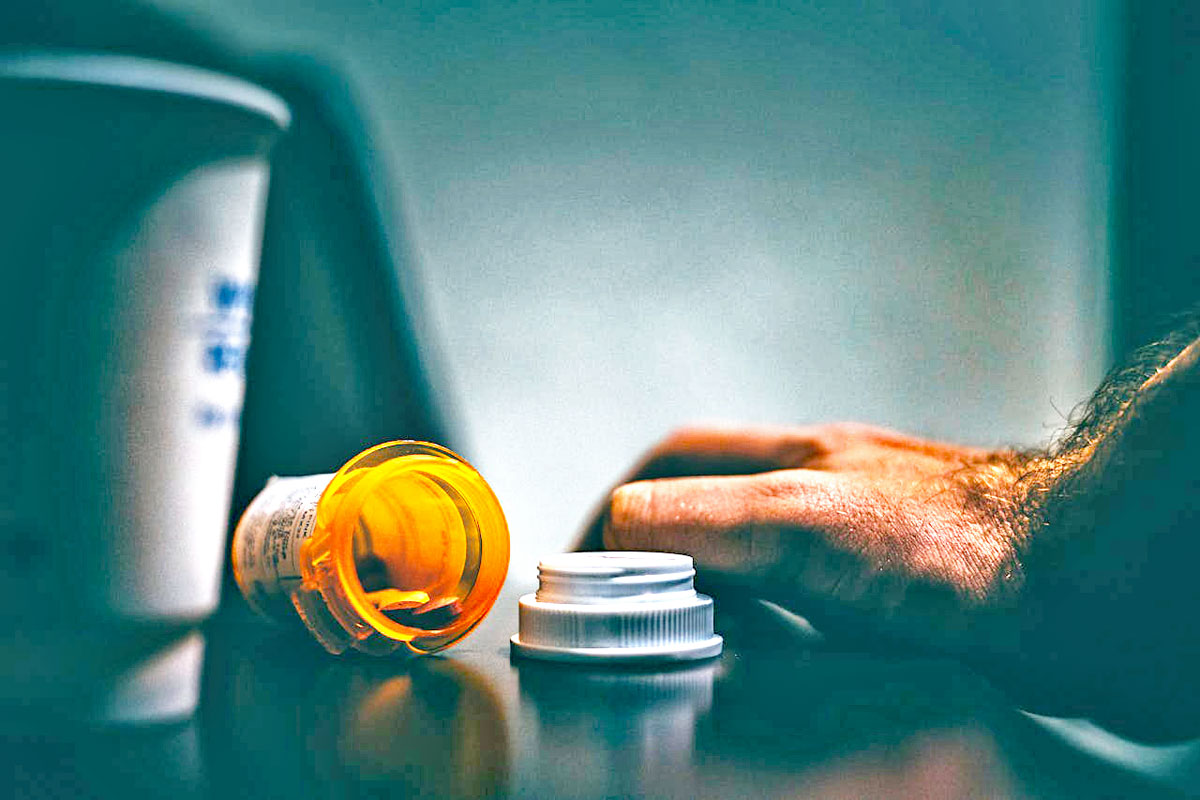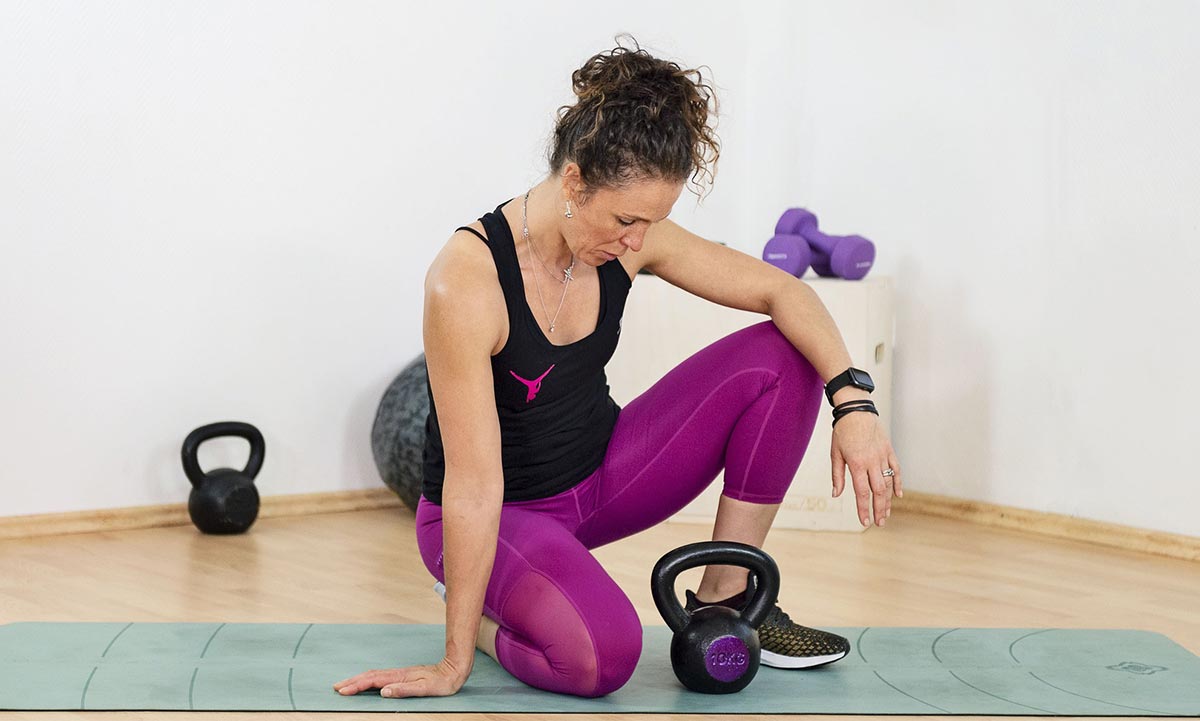Hook / Lead
Walk through any American drugstore—or scroll TikTok—and you’ll drown in powders, pills, and miracle claims: stronger in a week, leaner overnight, skin that glows like a high-end filter. The supplement market in the United States now exceeds 40 billion dollars a year, and search engines show relentless interest in “best supplements for energy,” “muscle growth,” and “skin health.”
For athletes, the question isn’t whether supplements exist, but which—if any—actually deliver results without wrecking your health.
The Market That Never Sleeps
Unlike prescription drugs, dietary supplements in the U.S. are not subject to pre-market FDA approval. Manufacturers can launch products first and answer questions later. This regulatory gap allows thousands of new powders and capsules to appear each year, many promoted by influencers on Instagram or TikTok with little scientific scrutiny.
Google Trends consistently lists queries like “are supplements safe” and “supplement recalls,” reflecting public concern that the booming market is a Wild West where hype often outruns evidence.
From Wellness to Wild West
Social media intensifies the problem. Affiliate marketing rewards creators who push dramatic claims—rapid fat loss, limitless energy, anti-aging in a bottle. The FDA can issue recalls, but products often remain available online long after warnings. Independent analyses of herbal blends and so-called “natural” pre-workouts repeatedly find undeclared stimulants or prescription-drug analogs, a pattern documented in multiple peer-reviewed investigations (New England Journal of Medicine, 2015; Drug Testing and Analysis, 2020).
The Side-Effect Ledger
Scientific data show real risks. A landmark analysis in New England Journal of Medicine (Geller et al., 2015) estimated over 23 000 U.S. emergency-department visits per year linked to dietary supplements, with weight-loss and energy products the leading culprits. High-dose vitamin A can cause liver toxicity; excessive vitamin D can raise blood calcium and damage kidneys; herbal products such as kava and green-tea extract have been associated with hepatotoxicity.
St. John’s wort and ginkgo interact with anticoagulants and antidepressants, altering drug levels. Case reports in Hepatology (2022) and Clinical Toxicology (2023) confirm that “natural” does not mean harmless.
Recall Roulette
FDA recall data show hundreds of supplement products flagged annually for contamination with heavy metals, undeclared steroids, or potent pharmaceuticals. Yet online vendors frequently continue to sell the recalled lots. Athletes in tested sports risk not only health consequences but also anti-doping violations, as documented by the U.S. Anti-Doping Agency’s annual supplement advisory.
Evidence-Based Choices
Amid the noise, a few supplements carry strong evidence for athletes.
• Creatine monohydrate improves high-intensity strength and power, supported by decades of randomized trials summarized in the International Society of Sports Nutrition’s 2021 position stand.
• Protein powders — whey or quality plant blends—are convenient only if dietary protein falls short of the recommended 1.6–2.2 g per kilogram of body weight.
• Vitamin D supplementation benefits those with documented deficiency, especially in winter, as endorsed by the Endocrine Society’s clinical practice guidelines (2011, updated 2023).
• Omega-3 fatty acids may aid cardiovascular health and reduce exercise-induced inflammation, with meta-analyses in Sports Medicine (2020) supporting moderate dosing. Beyond these, evidence for exotic “performance boosters” is thin to nonexistent.
Additional Evidence-Based Supplements
While creatine and protein powders hold the strongest track record, a few other supplements earn cautious approval when used correctly.
• Beta-alanine, an amino-acid derivative, can enhance high-intensity performance by buffering muscle acidity. Randomized trials summarized in the Journal of the International Society of Sports Nutrition (2021) recommend 4–6 g per day, ideally divided into smaller doses to reduce the harmless but sometimes uncomfortable “tingling” sensation known as paresthesia.
• Caffeine, perhaps the most studied ergogenic aid, consistently improves endurance, alertness, and strength output when consumed at 3–6 mg per kilogram of body weight about 30–60 minutes before training. Beyond that range, performance benefits plateau while side effects—insomnia, jitteriness, elevated heart rate—increase.
Both compounds are permitted by major sports federations but, as with all ergogenic aids, quality control and correct dosing are critical.
Practical Strategies for Everyday Athletes
Supplements should complement, not replace, the fundamentals of training and recovery.
• Protein timing matters less than total daily intake, yet spreading protein evenly across three to five meals—each providing 20–40 g of high-quality protein—can optimize muscle protein synthesis.
• Post-workout recovery improves when athletes pair carbohydrates with protein in a roughly 3:1 ratio within the first hour after intense sessions, helping replenish glycogen and support repair.
•Regular lab testing, such as checking vitamin D, iron, and ferritin levels, guides targeted supplementation and prevents both deficiency and unnecessary megadoses.
For competitive athletes, consulting the U.S. Anti-Doping Agency or national equivalents before starting any new product reduces the risk of accidental violations, since contaminated supplements remain a leading cause of positive tests worldwide. Hydration, adequate sleep, and periodized training remain the foundation; supplements are the fine-tuning, not the engine.
Closing / Take-away
For the dedicated fitness athlete, the winning strategy is food first, supplements second. Choose products with independent quality seals such as NSF Certified for Sport or USP Verified, confirm need through blood tests when applicable, and remember that no capsule replaces structured training, balanced nutrition, adequate sleep, and progressive overload. If a product promises what only consistent work can achieve, it’s marketing—not magic.
Scientific References
Geller AI et al., New England Journal of Medicine, 2015. Emergency Department Visits for Adverse Events Related to Dietary Supplements. | International Society of Sports Nutrition Position Stand: Creatine Supplementation, 2021. | Morton RW et al., British Journal of Sports Medicine, 2018. Protein Supplementation and Resistance Training Meta-analysis. | Holick MF et al., Endocrine Society Clinical Practice Guideline on Vitamin D, 2011/2023 update. | Abdelhamid AS et al., Cochrane Review, 2020. Marine Oil Omega-3 Fatty Acids for Cardiovascular Health. | U.S. Anti-Doping Agency, Supplement Advisory Reports 2024. | LiverTox Database, National Institutes of Health, updated 2024: Herbal and Dietary Supplement–Induced Liver Injury.













